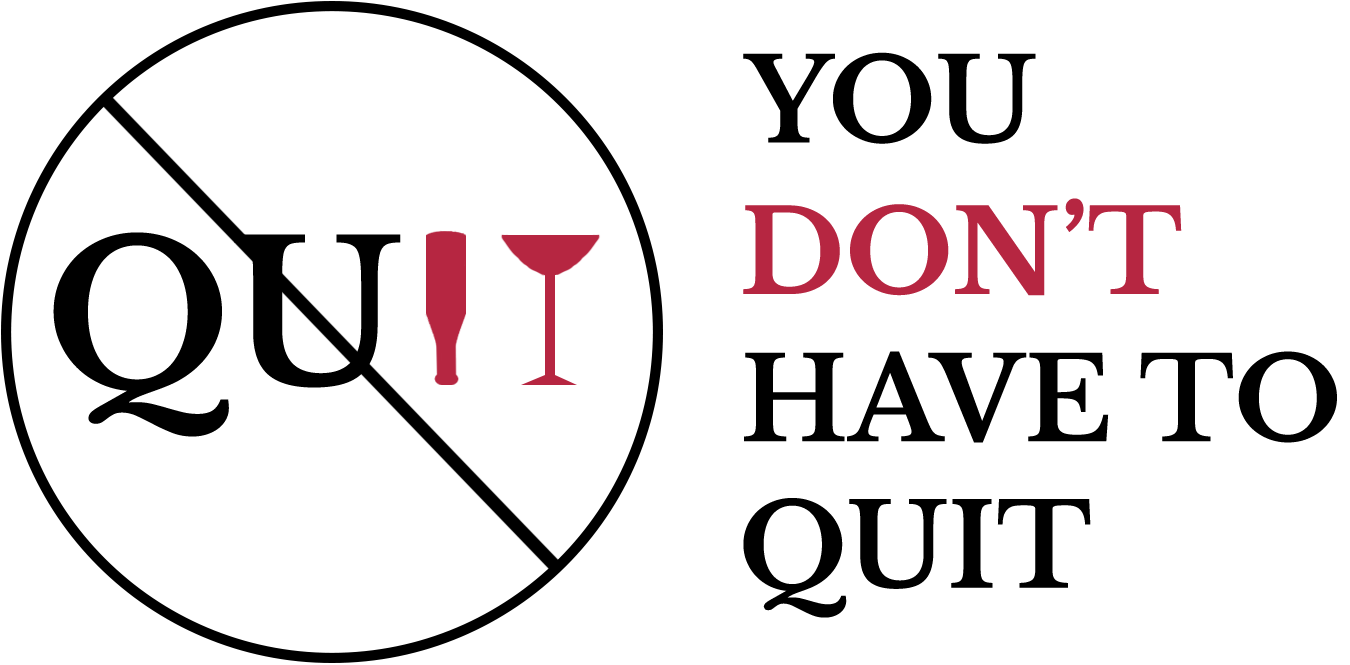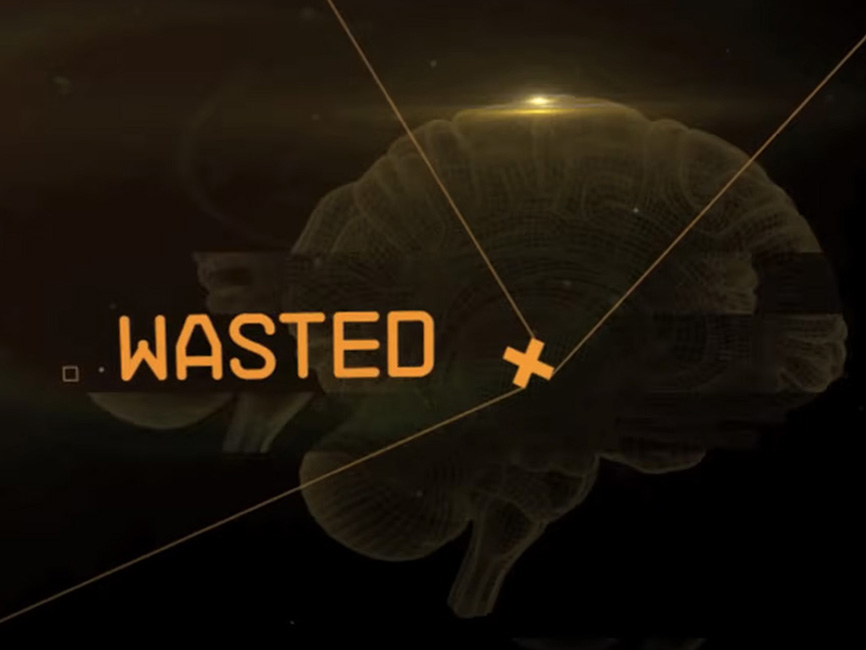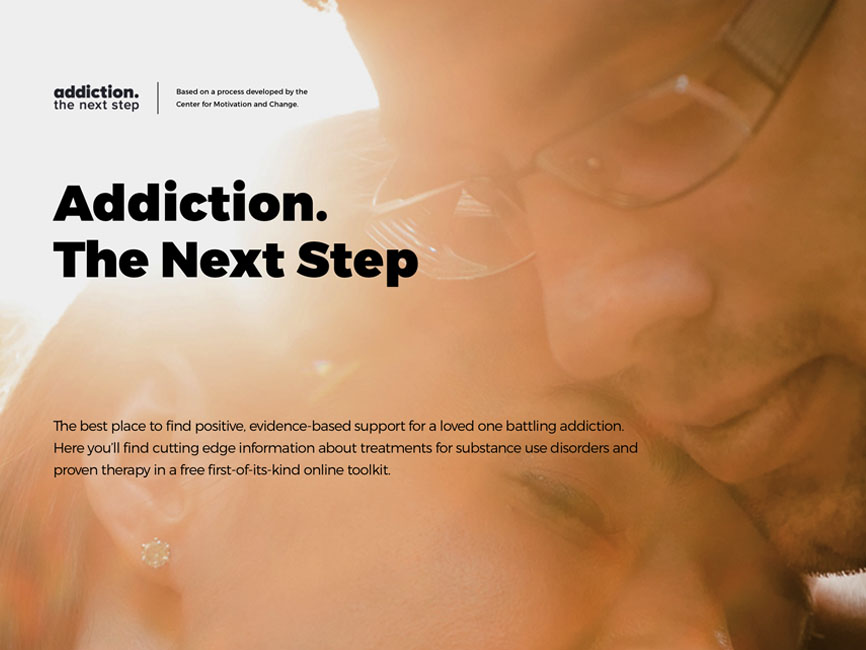Resources in the Book
If you are curious and found the advice in You Don’t Have to Quit’s strategies helpful and you’d like to know more, the books, handouts, websites and organizations referenced here are full of inspiration and wisdom to expand your learning or connect you with like-mind people.
PDFs to Download
Conversation Starter With Your Care Provider
To start a conversation with your loved one’s health care provider about medications proven to reduce the discomfort of cutting back on alcohol: print this handout and take it with you to your next appointment
Link to the Conversation Starter With Your Care Provider resourceView PDFDr. Kate Hall’s Motivational Interviewing guide
A super-easy to understand guide to Motivational Interviewing.
Link to the Dr. Kate Hall’s Motivational Interviewing guide resourceView PDFBooks
Dr. Andrew Tatarsky, Harm Reduction Psychotherapy: A New Treatment for Drug and Alcohol Problems. (Maryland: Jason Aronson, 2007) This book transforms therapy for alcohol dependence.
Dr. Bessel Van Der Kolk, The Body Keeps the Score: Brain, Mind and Body in the Healing of Trauma. (New York: Viking, 2014) This is a perennial bestseller for a reason.
Dr Brené Brown, Daring Greatly: How the Courage to Be Vulnerable Transforms the Way We Live, Love, Parent, and Lead (New York: Avery, 2015) Her TED Talk on the power of vulnerability is one of the top 5 most viewed TED Talks in the world, with more than 60 million views.
Dr. Gabor Maté with Daniel Maté The Myth of Normal: Trauma, Illness and Healing in a Toxic Culture (New York: Avery, 2022) and When the Body Says No: The Cost of Hidden Stress (Toronto: Knopf Canada, 2003) Dr. Maté’s continued prominence on the bestseller lists signals a sea change in how we view the most vulnerable among us, including ourselves.
Holly Whitaker, Quit Like a Woman: The Radical Choice to Not Drink in a Culture Obsessed with Alcohol. (New York: Dial Press Trade Paperback, 2021). This engrossing read counters all the myths and poignantly and accurately captures the female journey to sobriety. It is also great on boundaries and self-compassion. Chapters 9 and 10 provide insight and empathy as Whitaker explains how hard it was for her to finally quit drinking and shares practical skills that helped her do it. And she does it all with plenty of humor, something rare in this subject.
Dr. Jane Ellen Smith and Dr. Robert J. Meyers: The CRAFT Treatment Manual for Substance Use Problems: Working with Family Members. (New York: the Guilford press, 2023).This read is geared more towards professionals, but I found these books to be so helpful to lay people as well.
Dr Jeffrey Foote, Dr. Kenneth Carpenter, Dr. Carrie Wilkens: The Beyond Addiction Workbook for Family and Friends: Evidence-based Skills to Help a Loved One Make Positive Change. (California: New Harbinger Communications, 2022)
Kenneth Anderson, How to Change Your Drinking: A Harm Reduction Guide to Alcohol. (CreateSpace Independent Publishing Platform 2010) Long before the rest of us caught on to harm reduction for alcohol Anderson was beating the drum for this approach and he’s written a popular sensible guide for how to do it.
Maia Szalavitz, Unbroken Brain: A Revolutionary New Way of Understanding Addiction (London: Picador 2017) Her writing is essential to changing the conversation about substance users.
Dr. Marc Lewis, Memoirs of an Addicted Brain: A Neuroscientist Examines his Former Life on Drugs(New York: PublicAffairs 2013).
Michael Pond and Maureen Palmer, Wasted: An Alcoholic Therapist’s Fight for Recovery in a Flawed System (Vancouver: Greystone Books 2016).
Pat Denning, Jeannie Little and Adina Glickman, Over the Influence: The Harm Reduction Guide for Managing Drugs and Alcohol (New York: The Guilford Press, 2003).
Dr. Pooja Lakshmin,Real Self-Care: A Transformative Program for Redefining Wellness (Crystals, Cleanses, and Bubble Baths Not Included). (London: Penguin Life 2023). Here the author urges four practices to create well-being: setting boundaries, practicing self-compassion, aligning your values, and exercising power.
Stanton Peele, Diseasing of America: How We Allowed Recovery Zealots and the Treatment Industry to Convince Us We Are Out of Control. (New Jersey: Jossey-Bass, 1999)
Dr. William Miller and Dr. Stephen Rollnick, Motivational Interviewing: Helping People Change and Grow (New York: The Guilford Press, 2023). This book is marketed for students and practising therapists, but I find the writing practical and accessible to all of us.
Visit these websites
Addictionthenextstep.com. We created this website partnership with the Center for Motivation and Change in New York City. Here you’ll find all kinds of resources that support you as you help your partner reduce. Especially helpful is the Addiction Crisis Tool Kit, a set of videos hosted by Drs. Jeff Foote and Carrie Wilkens. You’ll find therapeutic and practical advice on how to navigate common scenarios faced by loved ones of substance users and how to keep you healthy too. This is access to world-class therapy for free.
CAUDS.org For a series of other invaluable handouts for loved ones, visit the Canadian Alcohol Use Disorder Society. The resources are under the tab AUD information.
CCSA.ca To read Canada’s new Guidance on Alcohol and Health, go to the Canadian Centre on Substance Use and Addiction’s website.
C3foundation.org This site was created by the actor Claudia Christian. In 2013 she started the C Three Foundation to raise awareness of how to use naltrexone while continuing to drink and she made the documentary One Little Pill (onelittlepillmovie.com), on how to use medication to manage alcohol use.
Drdansiegel.com includes information about Dr. Siegel’s books, as well as other resources, and a great model of flipping one’s lid.
Shatterproof.org provides more myth-busting about addiction, plus the Stigma-Addiction Language Guide
Troublebrewingreport.org offers a great backgrounder that clearly explains the power of Big Alcohol.
MAUREEN’S Past ADDICTION-RELATED WORK
Early in our relationship, as we came to understand the depth of the dysfunction in substance use treatment and how much needless suffering Mike endured as a result, we wanted to help as many people as possible. For the last decade, educating about effective, evidence-based substance use treatment, has been my life’s work.
The Film
In 2016, we made the documentary Wasted, for the Canadian Broadcasting Corporation’s flagship science program, The Nature of Things. I set out to follow my partner Mike on his search for the best new evidence-based addiction treatment. Mike had lost everything – his home, his family, his therapy practice – to a devastating alcohol use disorder and had been sober for 5 years. But just as filming begins, he drinks again – and a theoretical journey becomes very real and deeply personal.
View ResourceThe Therapy Tool: ADDICTION THE NEXT STEP
In tandem with the documentary broadcast, Bountiful Films and its partner, Magnify Digital, launched addictionthenextstep.com. Click on the Addiction Crisis Tool Kit to access a world-class, proven therapy for parents, partners and loved ones of those battling substance use.
Built in collaboration with New York’s CMC: Foundation for Change and with financial support from The TELUS Fund, the tool kit teaches us how to communicate in a manner that motivates the substance user to change, while reducing family fear and stress. Dr. Jeff Foote and Dr. Carrie Wilkens, CMC co-founders, deliver advice and practical tools in a warm, empathetic tone that empowers families. There’s a portal for parents and for partners. Click on a scenario that most aligns with your problem to begin an interactive journey of discovery that offers guidance to apply immediately as well as rich, secondary material that can be navigated on your timeline.
View ResourceThe First Book: Wasted: An Alcoholic Therapist’s Fight For Freedom In A Flawed Recovery System
After two decades of helping clients battle addiction, Mike Pond, a successful therapist, succumbs to one himself. He loses his practice, his home, and his family to alcohol and ends up destitute in a down-and-out recovery home. Pond’s harrowing two-year journey to sobriety takes stops in abandoned sheds, dumpsters, ditches, emergency wards, intensive care, and finally, prison. And just when Pond gains any measure of sobriety, in sashays his other powerful addiction, Dana, a can of Red Bull in hand, 26’er of vodka in her purse. Pond’s riveting account crackles with raw energy and black humour as he plunges readers into a world few will ever have the misfortune to experience. Along the way, he finds himself shamed and stigmatized by the very system in which he used to thrive.
View Resource


